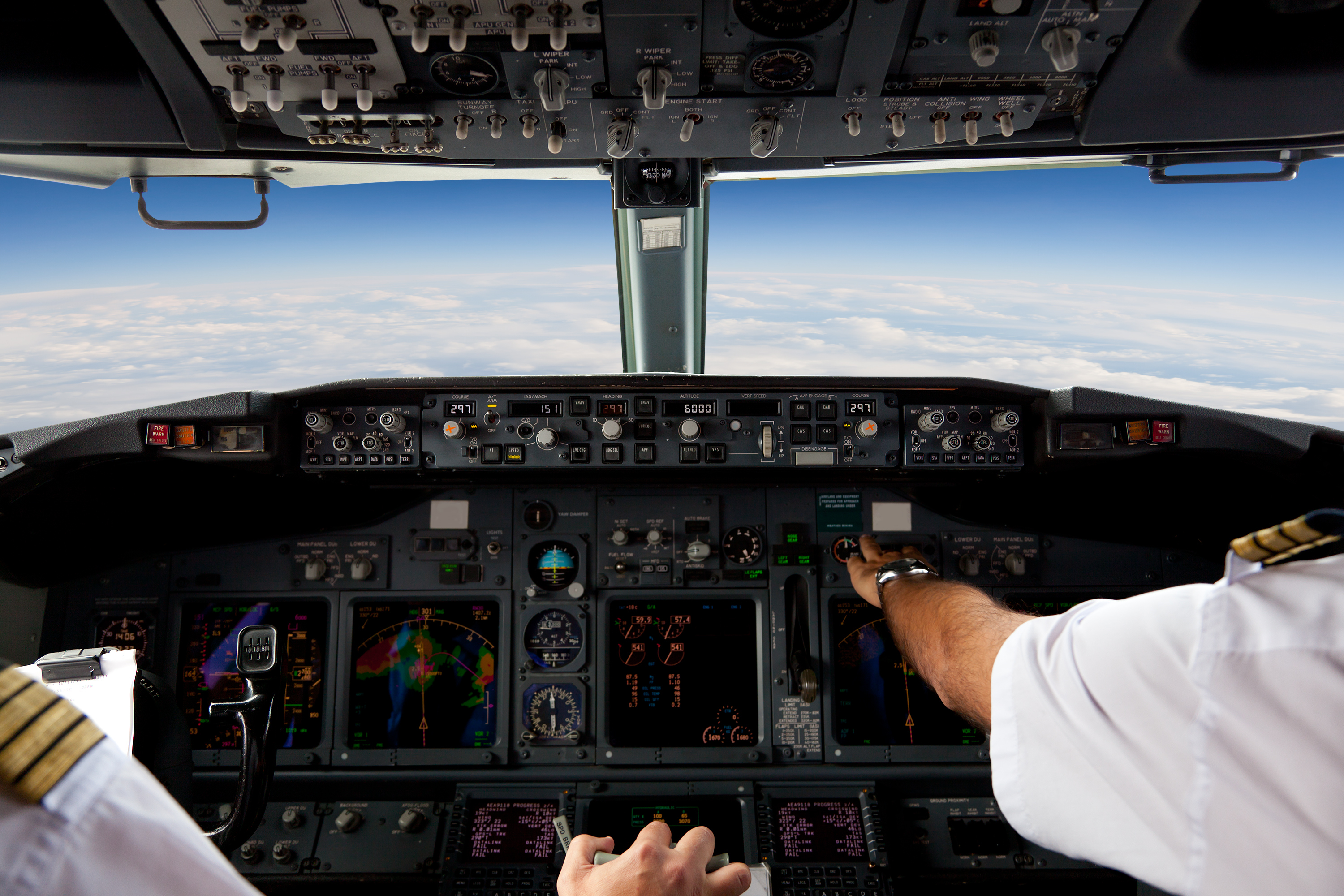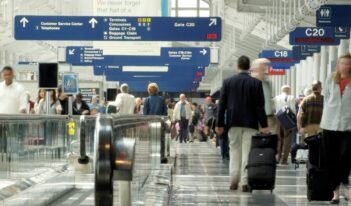
A French agency’s report on the Germanwings accident reassesses the balance between medical privacy and public safety.
One year ago, the public was stunned by the Germanwings crash, in which a co-pilot flew a plane into the French Alps, killing all 150 passengers on board, apparently on purpose.
The Bureau d’Enquêtes et d’Analyses (BEA), France’s Civil Aviation Safety Investigation Authority, recently released its final report on the crash. In the report, BEA proposed drafting regulations to manage the aviation industry’s response to pilot depression.
The Bureau’s recommendations included rules that would require doctors to disclose patient information upon possible threats to public safety, mandate medical follow-ups of pilots with a previous history of mental illness, and limit the punitive consequences for losing a pilot license due to illness.
According to the report, the Germanwings pilot Andreas Lubitz apparently showed symptoms consistent with a psychotic depressive episode several months before the crash. During this period, Lubitz allegedly saw six doctors, including one who recommended him for psychiatric hospitalization.
However, the Bureau found that none of Lubitz’s doctors reported their assessments to aviation authorities. They also apparently refused requests from investigators to be questioned after the crash, which inflamed some families of the victims.
The Bureau speculated that German doctors may be dissuaded from disclosing information due to strict provisions in the German criminal code, which prohibits disclosing patient secrets unless the doctor is given consent or believes there is “imminent danger” to life. Additionally, doctors may be dissuaded from reporting concerns because episodes of serious mental illness, such as acute psychosis, can be very hard to predict.
The Bureau argued the absence of a “formal definition of ‘imminent danger’ or ‘public safety’ drives doctors to adopt a conservative approach and may lead them not to report their potential concerns to authorities.” Overall, the Bureau found it was “likely that breaching medical confidentiality was perceived by these doctors as presenting more risks, in particular for themselves, than not reporting the co-pilot to authorities.”
To shift the balance towards public safety, the Bureau recommended the European Commission adopt regulations to require doctors to inform aviation authorities under certain circumstances, even under the patient’s refusal. Several countries already require physicians to report medical issues that might threaten public safety, including Canada, Israel, New Zealand, and Norway.
The report also suggested that Germany’s Ministry of Transport and Digital Infrastructure issue rules to limit the legal penalty for health care providers who breach patient confidentiality, as well as to define what should be considered “imminent danger” and “public safety.”
The Bureau also recommended that the European Aviation Safety Agency (EASA), the European Union’s aviation regulator, adopt other preventative measures to avert future disasters. For example, it has proposed that EASA should mitigate the adverse consequences of losing a pilot license.
Limiting adverse consequences may encourage pilots to come forward about their conditions independently., Because having a depressive disorder or taking medications for depression are usually “medically disqualifying for pilots,” pilots currently have an incentive to hide mental illnesses.
The report cited evidence that some pilots refuse to take needed antidepressant medication in order to continue to fly, and that “a significant number” of pilots also take antidepressants without informing their employer. In the Germanwings case, the report speculated that Lubitz may have been influenced not to report his declining condition to his employer from fear of losing his license.
The Bureau pointed to a solution adopted by the French nuclear industry, which offers another job position to any employee who is found unfit without modifying their salary. The Bureau’s report argued that a similar provision in the aviation industry would improve self-disclosure by reducing the punitive consequences for pilots who are disqualified from flying due to medical conditions.
In addition, the Bureau proposed that EASA issue regulations requiring careful follow-up examinations of a pilot’s fitness whenever a medical certificate is to be issued to a pilot with a history of mental illness.
The report pointed to the fact that Lubitz previously had an episode of mental illness that Germanwings was aware of. However, after finding that his condition had stabilized, Germanwings issued Lubitz a medical certificate several months later. The report argued that the short time may not have been sufficient to “confirm that the mental state of the pilot was fully stabilized.”
Even though the Bureau’s recommendations are not binding, EASA has supported the French Bureau with its investigation and may consider its recommendations in contemplating new regulations.



